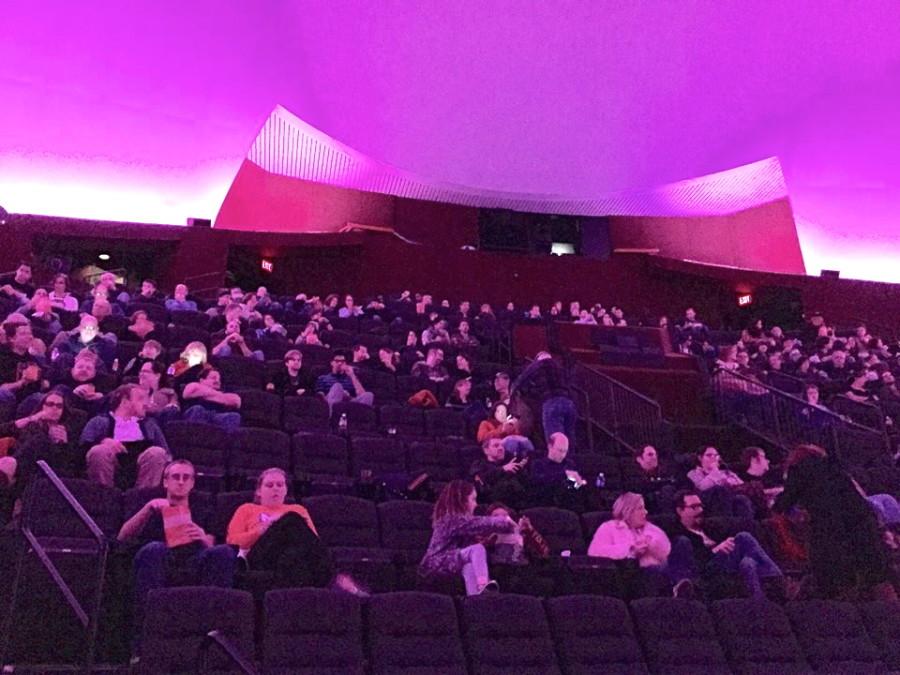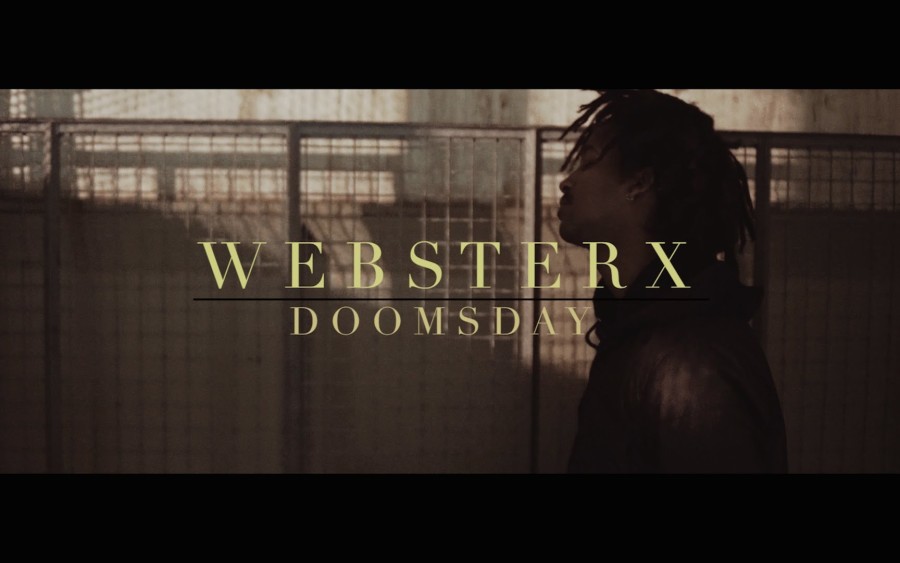
Most five-year-olds celebrate their birthdays with balloons, cake and a rousing game of pin the tail on the donkey. But for the next two weeks, Milwaukee Film will turn five by screening 240 world-class films and hosting concerts, film panels and parties across the city.
The fifth annual Milwaukee Film Festival will take local cinemas by storm Thursday and run through Oct. 10, presenting some of the year’s best films from 44 different countries. According to Milwaukee Film artistic and executive director Jonathan Jackson, the festival has achieved a caliber in its fifth year that most film festivals don’t reach for decades.
“In that first and second year, I didn’t know if we could get here because (we were) a start-up organization,” Jackson said, “… but I couldn’t be more pleased that heading into our fifth year, I would consider the festival among the top 20 or 30 festivals in the country.”
The Milwaukee Film Festival has grown exponentially since its inception, drawing larger crowds as the festival brings in higher quality films each year. The ticket sales have already surpassed the tickets sold at last year’s festival and several screenings are already sold-out. The event is expected to improve upon its 50,160 attendees in 2012, which was already a 40 precent jump from the previous year.
“It’s really about a true community celebration and undertaking with our more than 300 partners for the festival this year,” Jackson said. “I love the statistics that now we have 414 individual events occurring in the 15 days of the festival. If you’re wondering, my head is about to explode.”
Audiences will view films from 11 categories including documentaries, shorts, science fiction and horror, music films and even films made by Milwaukee artists. The competition category features eight of the best films of the year, from the acclaimed documentary “The Act of Killing,” one of the year’s most discussed films exploring a death squad in Indonesia, to the cinematically groundbreaking “Stories We Tell,” director Sarah Polley’s investigation into her own family’s secrets. A jury of industry professionals will vote on the best film and award the winning director a $10,000 prize.
But not all of the scheduled films are recent releases. “2001: A Space Odyssey,” the 1968 sci-fi thriller about the race for evolutionary dominance between humans and computers, has fans of the genre buzzing about its screening at The Oriental, especially as it will be shown with 35 mm film. Another cult classic playing at the festival is “Enter The Dragon,” the 1973 action adventure in which Bruce Lee combats drug trafficking and human slavery with his superior karate skills.

For the festival’s Passport program, moviegoers have the chance to travel to Germany. The films honor Milwaukee’s German heritage by showcasing a variety of contemporary German filmmakers. One of the most notable films is “Lore,” a tale about four anti-Semitic children who must travel across the Bavarian wilderness after their Nazi parents’ imprisonment, only to find that a Jewish person may be their only help along the way.Such quality German cinema is also present in the festival’s opening film, “Break Up Man,” an award-winning comedy about the art of ending relationships that will make its national debut at the festival.
“It’s a film that I think will really take off at other festivals once we show it,” Jackson said.
Aside from the films themselves, Milwaukee Film has put together a number of events that further the festival experience, including Q & A sessions with directors, panel discussions and musical performances every night at The Hotel Foster. The festival centerpiece, the 1930 silent film “Earth,” will also incorporate a live music experience as the local 18-piece ensemble Altos perform their own original accompaniment.
“First priority is absolutely presenting great cinema,” Jackson said, “and that’s been our bread and butter since day one of the film festival, but I feel like where we’ve expanded tremendously, even just since last year, is creating a whole experience and event around the cinema.”
Part of this experience includes recognizing the critics that analyze the film. This year’s State of Cinema keynote address features film critics Keith Phillips, Scott Tobias, Tasha Robinson and Nathan Rabin from the new film criticism website The Dissolve. The four, who have been published in media outlets like NPR, Indiewire and The Onion’s A.V. Club, will discuss how their craft has changed since the rise in online journalism and what this digital mentality means for the future of film.
“Not many of the festivals … put a focus on (film criticism), but I think it’s particularly important that that is foregrounded in the conversation and celebration of cinema,” Jackson said. “Critics don’t get enough recognition for the part that they play in moving the medium forward.”
A new addition to the festival this year is the Sundance Institute ShortsLab, an acclaimed workshop from the Sundance Institute that gives local filmmakers the chance to explore shorts. Jackson helped bring the lab to Milwaukee for the first time after he spoke with Mike Plante, Sundance’s short film programmer, earlier this year.
“I told him how cool Milwaukee was and how our festival is growing and the film community is growing,” Jackson said. “(I) basically convinced him to be interested in bringing the shorts lab to Milwaukee as part of the festival.”
With 15 days and more than 400 events to choose from, Marquette students have more than enough opportunities to experience the event that is putting Milwaukee on the cinematic map. It’s sure to be a fifth birthday party to remember, with world-class movies and swarms of Milwaukeeans acting celebrating what is quickly becoming one of the city’s best-loved traditions.



